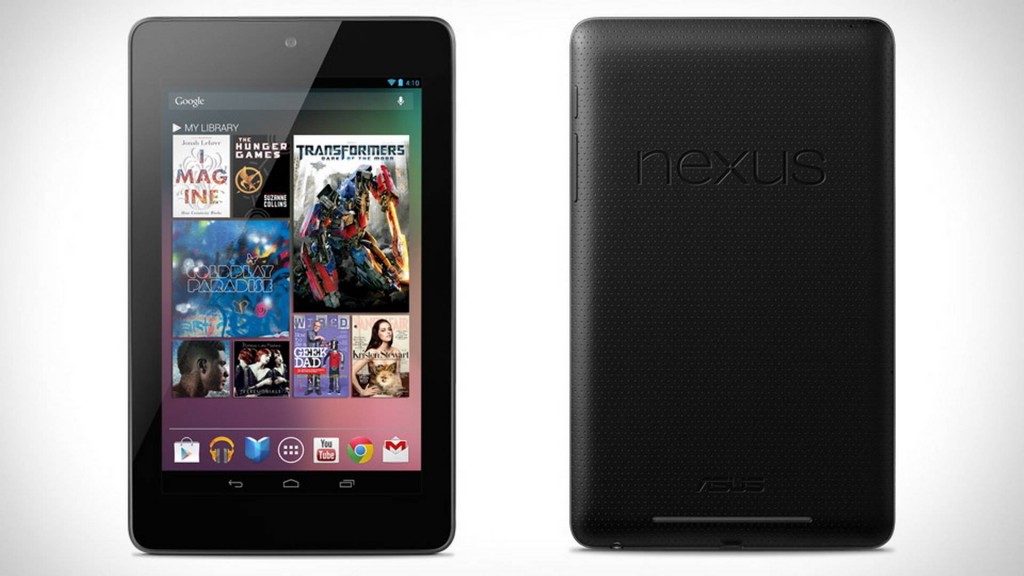
After first being announced in July of 2013, Google’s first major attempt at an Android tablet in the Nexus 7 has officially been retired by the search giant. The Nexus 7 was notable for being an inexpensive, high-performance Android tablet that would function as a gateway to pure Android for many enthusiasts and even new Android users.
While the Nexus 7 was also intended to usher in a new wave of tablet-specific app development along with the similarly discontinued Nexus 10, the reality became much worse than even Google anticipated as few third-party developers outside of selected Google partners ever developed tablet-specific applications for both the Nexus 7 and Nexus 10, in stark contrast to the seemingly endless growth of applications built for Apple’s iPad family.
Another key issue with the Nexus 7 which may have led to the tablet being ultimately discontinued was the tablet’s hardware being more volatile than usual when updated to the first versions of Lollipop, which led to mass complaints of poor performance due to the previously mandatory encryption not working well with the older hardware or worse, completely non-functional tablets.
To make matters worse, both Google and Asus never formally acknowledged the issues and complaints, instead preferring to quietly push out fixes through subsequent updates, provided customers were prepared to deal with the endless runaround between Asus and Google regarding support. Many customers weren’t so lucky and were instead left with completely nonfunctional devices after the first Android 5.0.1-5.0.2 updates.
With the Nexus 9 now on the market and being built around Android Lollipop, it’s just as well that Google discontinues the Nexus 7, as the tablet ultimately served its purpose in introducing people to stock Android on a tablet with then high-end specifications at a reasonable price. Now that the Nexus program has a different focus with flagship pricing for both the Nexus 6 and Nexus 9, it seems that those that may want a Nexus 7 will now have to rely on remaining third-party stock.
Google doesn’t usually acknowledge issues with older Nexus devices, other than to fix them. Android 5.1 solved these issues already.
I really don’t think this has to do with Android bugs. Google discontinued the Nexus 5, which I would bet my fortune was outselling the Nexus 6 even at the end.
I won’t speak to OEM interest, but Nexus 7 and Nexus 5 were things LG and ASUS wanted because it granted them early access to future Android releases, as well as hands-on collaboration with Google on their AOSP device trees. That’s very valuable – enough to be willing to sell some devices at razor-thin margins. The LG G2 and G3 are direct beneficiaries from the collaboration on Nexus 5 – and cash cows for LG.
Google has obviously decided that Nexus should be focused on high-performance, answering Apple, and pushing Android to the areas the device makers don’t want to go immediately. The era of cheap Nexus devices, aside from niche plays like Nexus Player, is over.